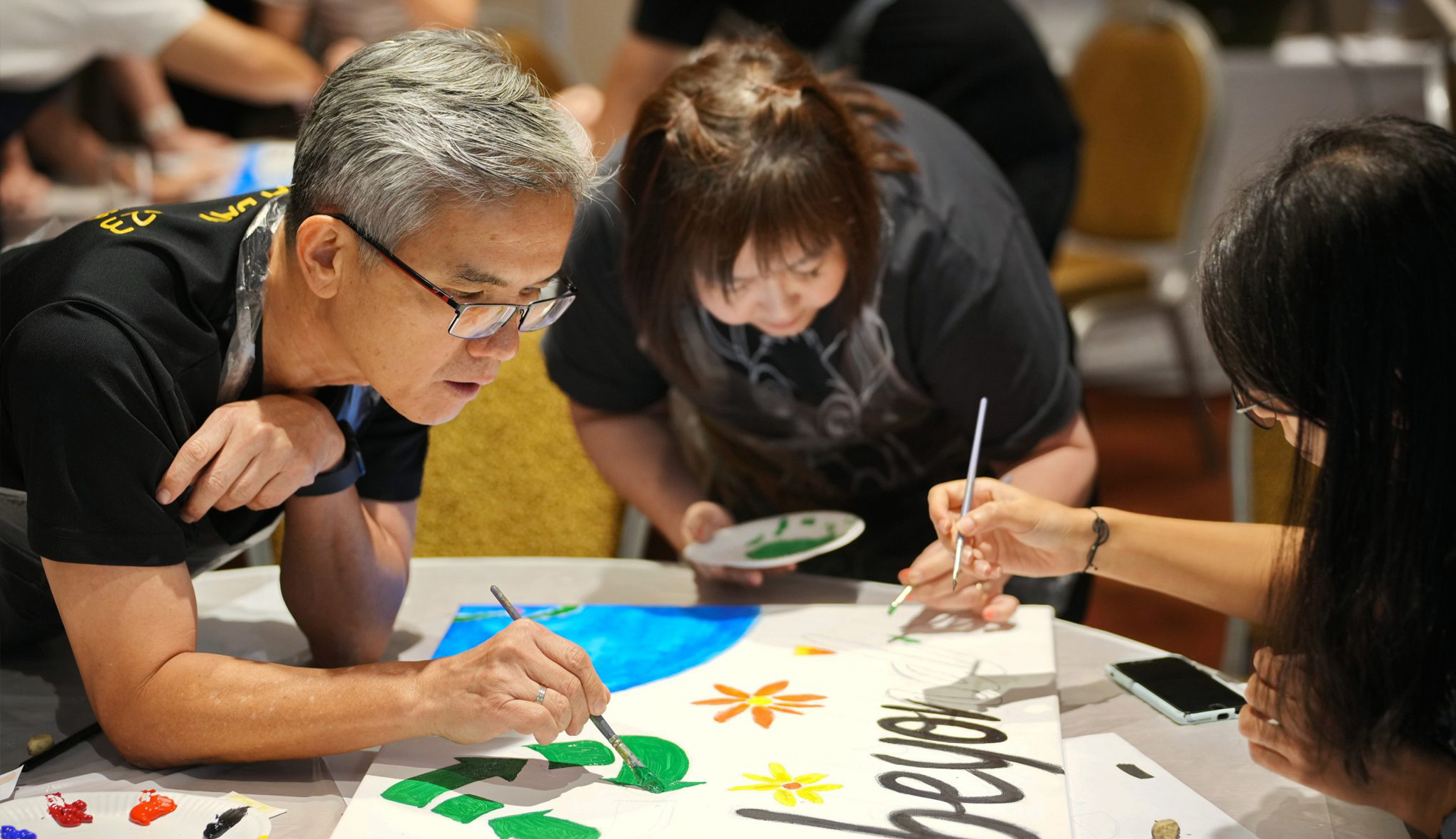Commissioning Custom made portraits/nude life by professional artists
Commissioning Custom made portraits/nude life by professional artists Commissioned custom made portraits and nude life painting by our professional artists! Eternal Memories for yourself or your loved ones At the Visual Arts Centre, we provide commissioned custom made portraits and nude life done by our team of professional artists! Choose to have the commissioned works …
Continue reading “Commissioning Custom made portraits/nude life by professional artists”




















